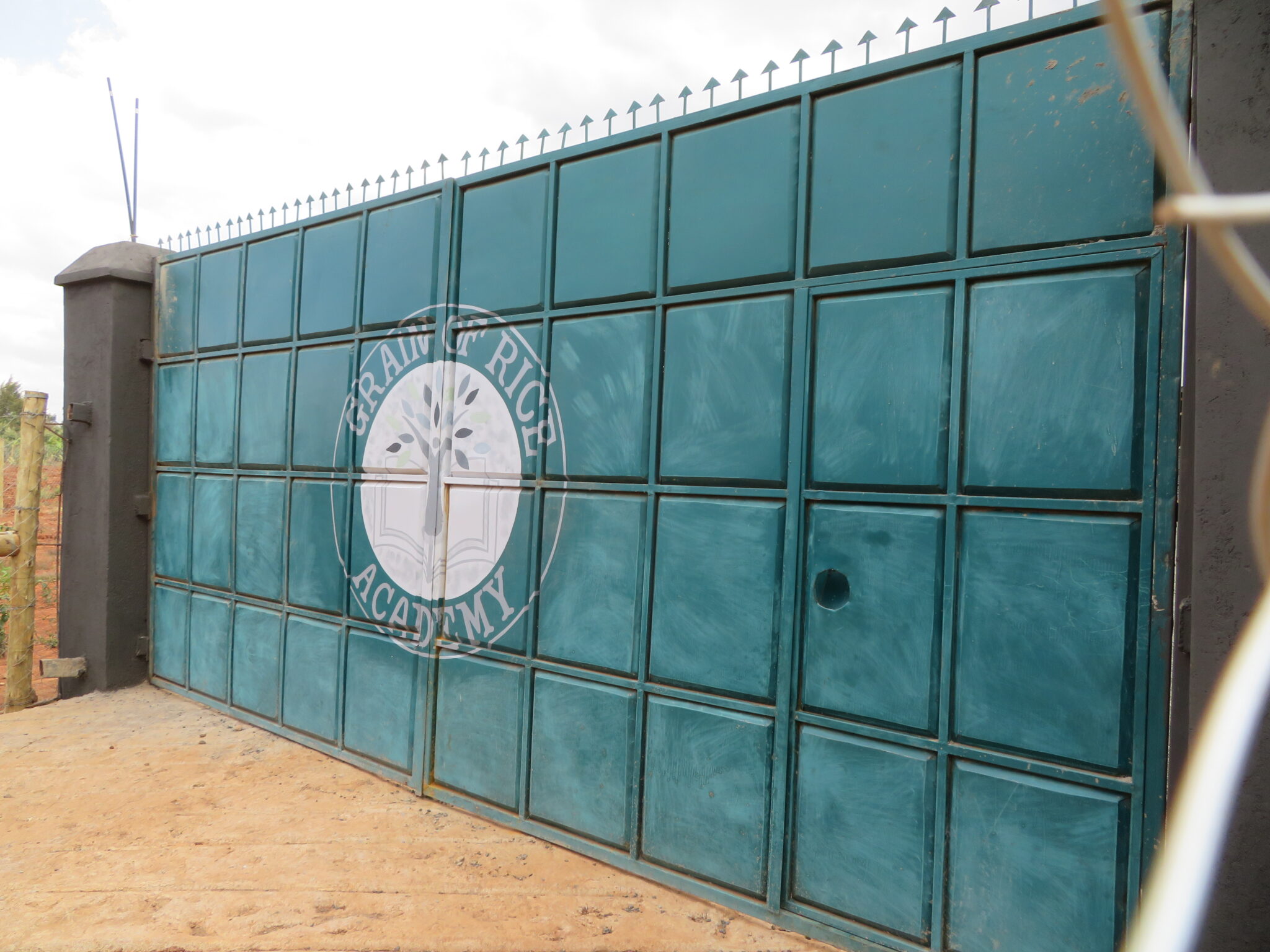Our School-Location
Location:
In 2020, we began construction on the Grain of Rice Academy in Nanyuki, Kenya, and it opened in May 2021. There was a need for additional space to establish our school and manage our expanding artisan program, so we moved from Kibera Slum, the biggest slum in East Africa.
We are now in the little Kenyan city of Nanyuki, which is situated close to Mount Kenya on the Equator. Although there have been recent conflicts between pastoralist tribes in this area, Kenyans refer to this region as “cosmopolitan,” meaning that many diverse tribes coexist together. Additionally, BATUK, a British military base, is located there.
The region is particularly windy, and the weather is often mild. From Nanyuki town, our school is a 30-minute trip into a rural interior region that requires traversing rough, partially unpaved terrain. We selected this location in part due to the easy access to medical facilities and food amenities, but also because we wanted to provide rural populations with high-quality education.
Where it all started: Kibera Slum
For almost nine years, we were first situated in Nairobi, Kenya’s Kibera, the biggest slum in East Africa. Although the actual population is difficult to determine, a recent survey estimated that there are over 235,000 individuals living in this 1 1/2-kilometer region. The inhabitants reside in cramped, tiny shacks that measure roughly 12 by 12 feet. These homes have corrugated tin roofs and are constructed of sticks and mud. Residents of Kibera must share a toilet—a basic hole in the ground—with up to fifty neighboring shacks because there is no indoor plumbing in the area.
Water is transported back to homes in jerry cans, and residents frequently have to walk a considerable distance to buy and collect it. Although the government has increased electricity in recent years, it is frequently spotty. Electricity was once illegally hooked to a single pole in many homes, which poses a major fire risk.
Pollution
Kibera has a lot of pollution. Garbage pickup was nonexistent until recently and is now, at best, irregular. There is trash, food crumbs, and even human feces all over the place. The trash causes serious health and sanitation issues. Unemployment, underage pregnancy, and HIV+/AIDS are pervasive. In addition to struggling to pay for their children’s tuition, parents also fight to meet their families’ basic needs.
And Yet..
The slum does have a vitality and an aliveness about it despite all of these difficulties. Jokes are common, amusement is plentiful, and loud music frequently spills from homes. Since the majority of basic purchases can be made inside the slums, Kibera is comparable to a small metropolis. People who reside in the slum typically only leave once every few months unless they have jobs outside of it.
Interested in supporting Grain of Rice Project?

